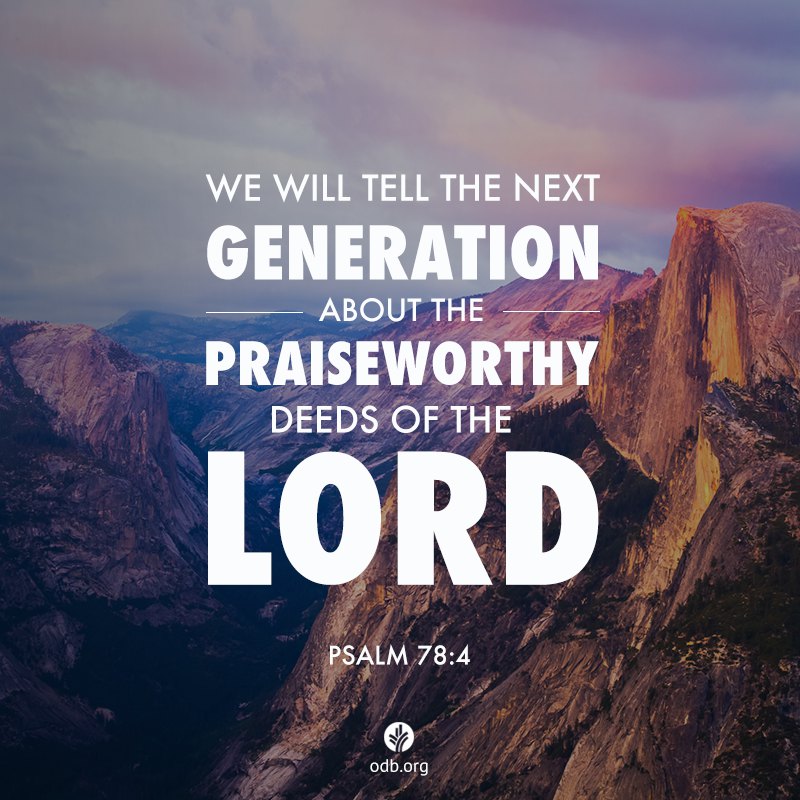Calming Your Soul
While attending a concert, my mind detoured to a troublesome issue that insisted on my attention. Thankfully, the distraction was short-lived as the words of a beautiful hymn began to reach deep into my being. A men’s a capella group was singing “Be Still, My Soul.” Tears welled up as I listened to the words and contemplated the restful peace that only God can give:
Be still, my soul: the Lord is on thy side! Bear patiently the cross of grief or pain; Leave to thy God to order and provide; In every change He faithful will remain.
When Jesus was denouncing the unrepentant towns where He had done most of His miracles (Matt. 11:20-24), He still had words of comfort for those who would come to Him. He said, “Come to me, all you who are weary and burdened . . . . learn from me, for I am gentle and humble in heart, and you will find rest for your souls” (vv. 28-29).
This statement is striking! Immediately following His strong words for those who were rejecting Him, Jesus extended an invitation to all to draw near to Him to find the peace we all yearn for. Jesus is the only one who can calm our restless, weary souls.

Words That Matter
Early in my days of working as an editor for Our Daily Bread, I selected the cover verse for each month’s devotional. After a while, I began to wonder if this duty made a difference.
Not long after that, a reader wrote and described how she had prayed for her son for more than twenty years, yet he wanted nothing to do with Jesus. Then one day he stopped by to visit her, and he read the verse on the cover of the booklet that sat on her table. The Spirit used those words to convict him, and he gave his life to Jesus at that very moment.
I don’t recall the verse or the woman’s name. But I’ll never forget the clarity of God’s message to me that day. He had chosen to answer a woman’s prayers through a verse selected nearly a year earlier. From a place beyond time, He brought the wonder of His presence to my work and His words.
John the disciple called Jesus “the Word of life” (1 John 1:1). He wanted everyone to know what that meant. “We proclaim to you the eternal life, which was with the Father and has appeared to us,” he wrote of Jesus (v. 2). “We proclaim to you what we have seen and heard, so that you also may have fellowship with us” (v. 3).
There is nothing magical in putting words on a page. But there is life-changing power in the words of Scripture because they point us to the Word of life—Jesus.


Words for the Weary
A few days after his father died, 30-year-old C. S. Lewis received a letter from a woman who had cared for his mother during her illness and death more than two decades earlier. The woman offered her sympathy for his loss and wondered if he remembered her. “My dear Nurse Davison,” Lewis replied. “Remember you? I should think I do.”
Lewis recalled how much her presence in their home had meant to him as well as to his brother and father during a difficult time. He thanked her for her words of sympathy and said, “It is really comforting to be taken back to those old days. The time during which you were with my mother seemed very long to a child and you became part of home.”
When we struggle in the circumstances of life, an encouraging word from others can lift our spirits and our eyes to the Lord. The Old Testament prophet Isaiah wrote, “The Sovereign Lord has given me a well-instructed tongue, to know the word that sustains the weary” (50:4). And when we look to the Lord, He offers words of hope and light in the darkness.

The Gates of Worship
When you enter some of the greatest cities in the world, you can encounter famous gates such as the Brandenburg Gate (Berlin), the Jaffa Gate (Jerusalem), and the gates at Downing Street (London). Whether the gates were built for defensive or ceremonial purposes, they all represent the difference between being outside or inside certain areas of the city. Some are open; some are closed to all but a few.
The gates into the presence of God are always open. The familiar song of Psalm 100 is an invitation for the Israelites to enter into the presence of God through the temple gates. They were told to “shout for joy” and “come before him with joyful songs” (v. 1). Shouting for joy was an appropriate expression when greeting a monarch in the ancient world. All the earth was to sing joyfully about God! The reason for this joyful noise was that God had given them their identity (v. 3). They entered the gates with praise and thanksgiving because of God’s goodness and His steadfast and enduring love which continues through all generations (vv. 4-5). Even when they forgot their identity and wandered away from Him, God remained faithful and still invited them to enter His presence. The gates into God’s presence are still open, inviting us to come and worship.
